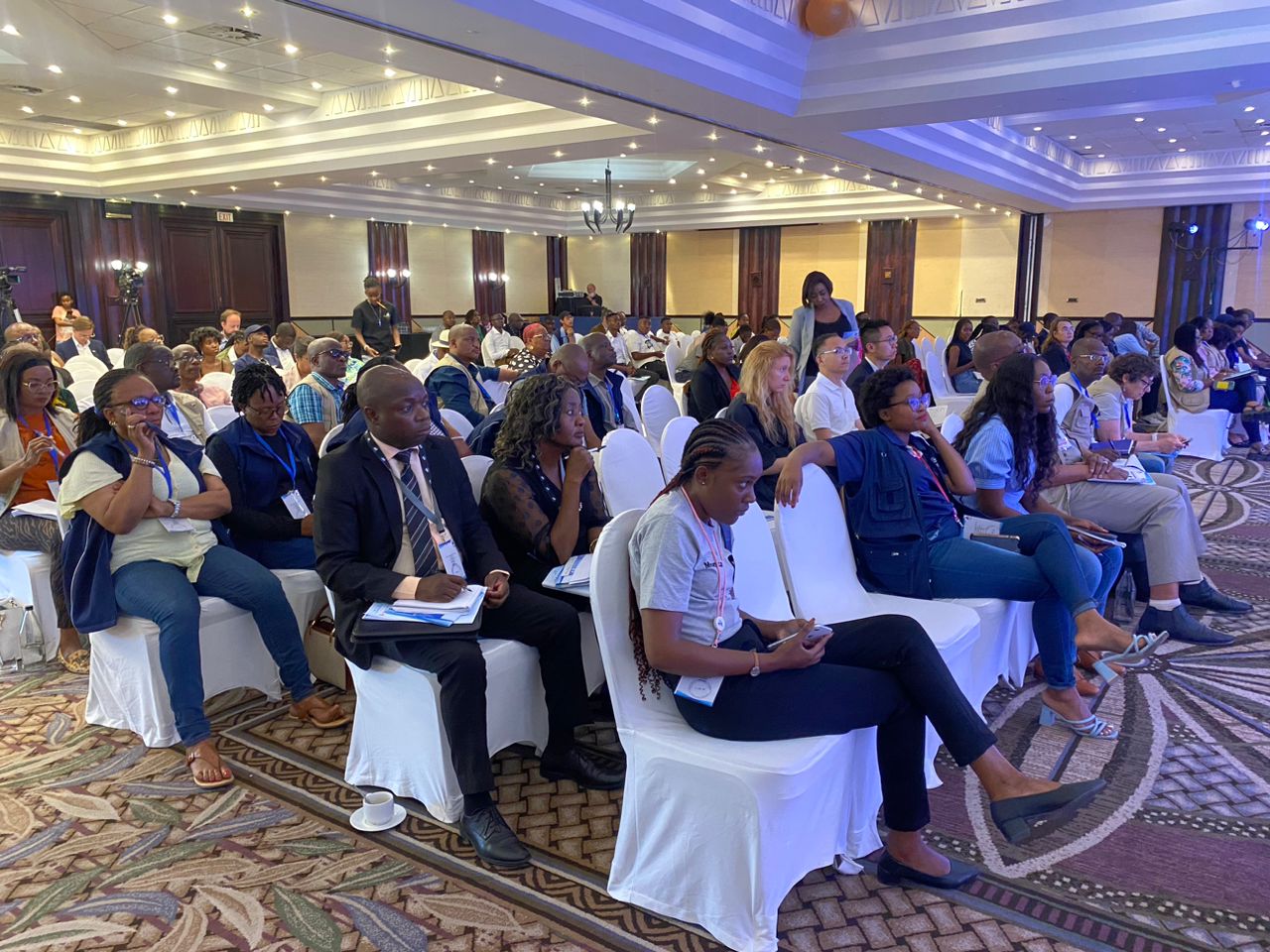Even though the government’s employment strategy is built on the principle of equal opportunity for all citizens, people with disabilities continue to be denied opportunities.
This can be attributed to misconceptions and a lack of official support for implementation.
The National Disability Council Act 26 (2004) states unequivocally that the government is responsible for ensuring that people with disabilities have equal access to productive and profitable employment.
Disability discrimination continues to exist when a person with a disability is treated less favourably than a person without a disability in the same or similar circumstances.
Further, the majority tend to be employed in low-skilled positions, such as clerks or labourers despite the level of their qualifications.
People with disabilities in Namibia continue to suffer difficulties that have gone unaddressed for far too long, with no adequate framework in place to address such challenges.
In Namibia, physical fitness and a driver’s licence are required for employment, but the legislation does not specify how people with impairments should be treated.
Given their physical impairments, Namibians with disabilities are barred from being recruited into employment markets such as the police, the military, nursing, security, domestic work, farming and other sectors.
For example, a blind person studying to be a teacher will encounter difficulties in being considered for teaching positions.
Interview panels will ask themselves questions about his or her capacity to execute the job and the availability of teaching material for a person with a disability.
Being disabled is expensive and cannot be met by a disability grant alone because it necessitates expenditure on healthcare and individuals who must support them.
Assume a person with a disability from the Zambezi region must attend interviews in Windhoek and/or at Walvis Bay.
This implies they must spend money on double accommodation for two people (themself and an accompanying person); two people’s expenses for transportation and food, etc.
While this happens constantly, a person with disabilities is still required to outperform someone without a disability to qualify for the position.
In addition, people with disabilities have fewer work opportunities to apply for than other members of society.
Nonetheless, they face fierce competition in those few career prospects that compel them to compete with other people.
These days, people with disabilities live in extreme poverty as a result of the high unemployment rate among skilled and unskilled Namibians.
In some cases, it has turned them into street beggars. This is exacerbated by a lack of opportunities.
REFORM NEEDED
The crafting of policies and laws to promote, defend and safeguard the rights of people with disabilities must be examined within a broader context than a single piece of legislation.
People with disabilities will be progressively marginalised if development proceeds without them.
To achieve equal employment opportunities in terms of the Constitution (articles 10 and 23), the state must reform affirmative action measures as an affirmative action plan.
They must investigate whether relevant employers are implementing an affirmative action plan, determine whether affirmative action plans or affirmative action measures meet the act’s objectives, and execute the actions prescribed for those who refuse to comply.
The state should gather disaggregated disability data; the lack of this renders any form of monitoring worthless, especially in the absence of significant resources.
Data collection, monitoring and accountability are critical: They are the first steps towards empowering individuals with disabilities by gaining a true estimate of the number of people living with various forms of disability.
The employment equity report notes that many organisations, both public and private, continue to discriminate against individuals with disabilities.
The report ought to articulate why certain sectors are reluctant to recruit people with disabilities and what positions they serve if they do.
Unless otherwise stated, if the public or private sectors refrain from employing disabled people, “they shall face sanctions and shall be deemed to violate the affirmative policy on disability rights”.
- – Loide Hango writes as a woman with physical disabilities and si an advocate for people with disabilities. This article is written in her personal capacity.
Stay informed with The Namibian – your source for credible journalism. Get in-depth reporting and opinions for
only N$85 a month. Invest in journalism, invest in democracy –
Subscribe Now!






